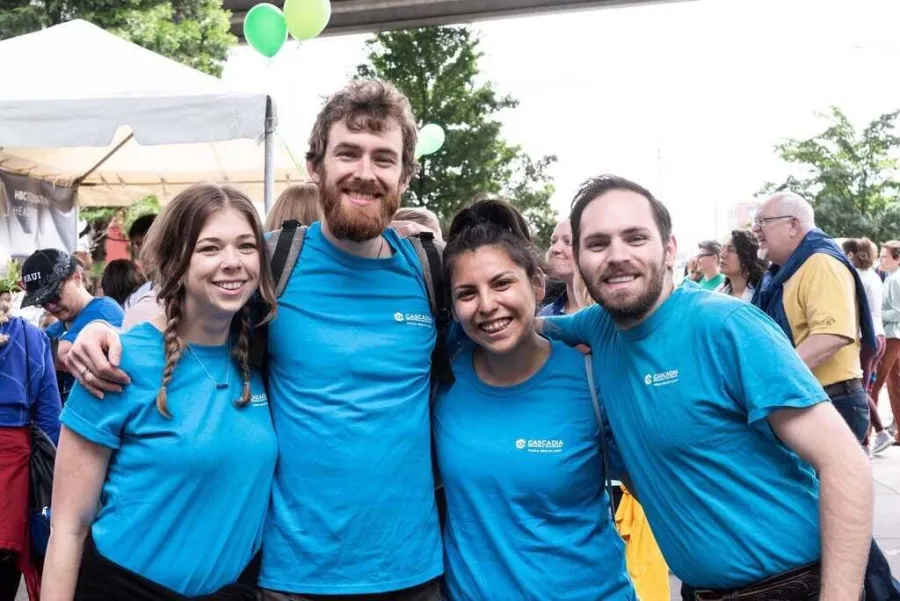Building Power in Oregon’s Behavioral Health Industry

Two hundred and nine behavioral health workers in Oregon are making great progress on their 2020 New Year’s resolution to secure a strong voice on the job.
Following two mail-in ballot elections, registered nurses, residential and crisis counselors and others who work at Cascadia Behavioral Healthcare’s respite and residential programs overwhelmingly said yes to joining Oregon AFSCME (Council 75).
“Cascadia is not a thing. It is a community made up of the workers and the clients we serve,” said Hannah Sloane-Barton, a skills trainer within the stabilization treatment preparation program, which helps clients transition to life within the community.
Sloane-Barton said she and her co-workers came together through AFSCME to gain a seat at the table to ensure greater transparency in funding direct client care and to help shape policies created by management. Finding ways to stem turnover was another big issue.
“I have been with Cascadia for three years, which actually qualifies me as a veteran within the residential unit,” said Sloane-Barton. “And when that is the reality for staffing, it is the clients who suffer when treatment plans can’t be seen through from start to stop due to inconsistent scheduling. Reducing turnover is not just good for the workers. It will have a direct and positive impact on patient outcomes.”
Now, having secured a strong voice on the job, these workers will bargain a first contract and join their Cascadia Workers United co-workers in three other units – project respond, street outreach and outpatient – that have already won union recognition.
“Since the launch of our United We Heal campaign in 2016, more than 1,000 behavioral health and treatment industry workers across Oregon have organized a union with AFSCME in order to address industry-wide issues,” said Oregon AFSCME Executive Director Stacy Chamberlain, who’s also an AFSCME International vice president.
“These members are tackling some of the biggest issues our communities face and the work they do deserves respect,” Chamberlain said. “That respect comes in the form of reasonable caseloads and staffing ratios, safe working conditions, career development, living wages and benefits, which we have seen workers win at the bargaining table.”
